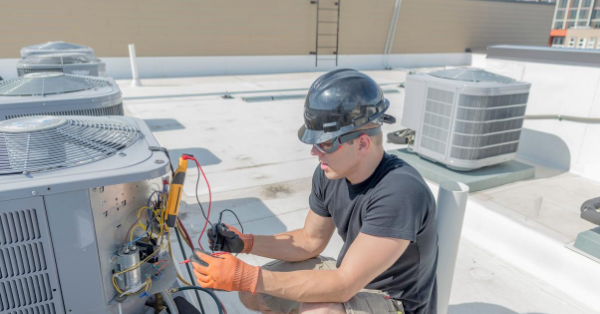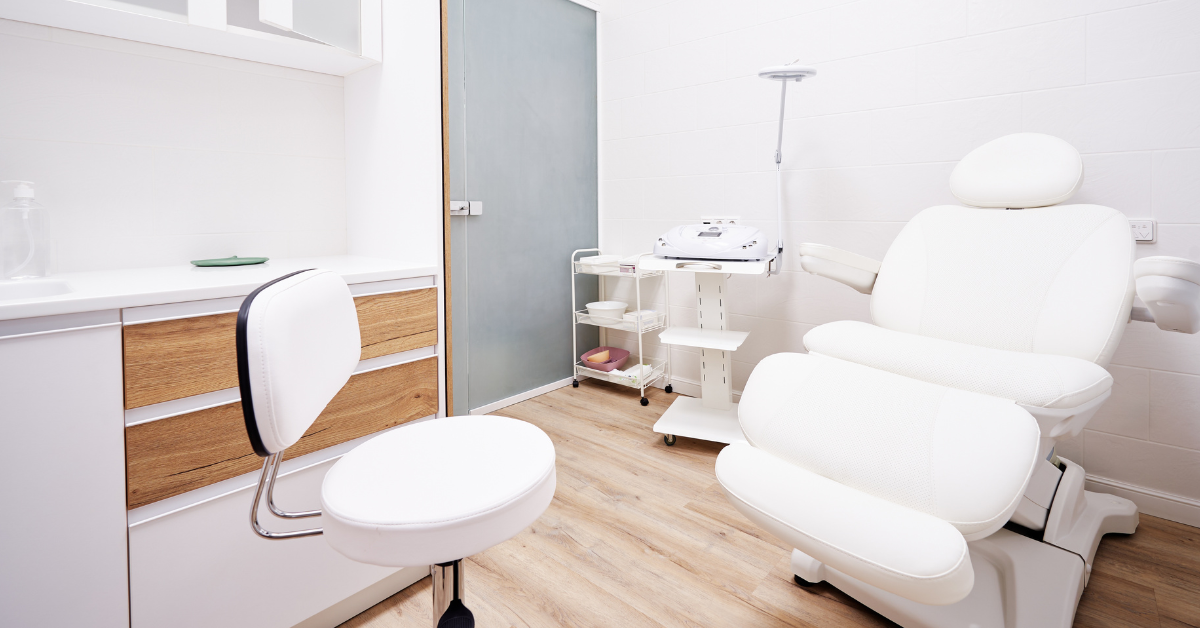
As we went over in our previous post, "What You Need to Grow a HVAC Business," HVAC businesses, like all home service businesses, rely on jobs being successfully booked.
If you have no booked services or maintenance jobs, you will have no revenue and no business. Of course, you already understand this process. What you may not understand is why you are missing service jobs to begin with.
How can missed calls lead to lost appointments?
The most common reason why our customers missed out on service jobs before finding the right answering service partner: Business owners are just too busy!
These busy HVAC business owners find themselves in meetings, training new staff, working in the field, speaking to vendors and a slew of other things. So, when the cell or business phone rings, it's likely headed to voicemail or missed entirely.
For any business owner, the reason why this happens is all too obvious: You've got a lot on your plate every day, and the phone is not a priority.
Most business owners believe that missing calls is just a part of how things work. They record a simple voicemail message or set up an IVR system and believe that automation will handle all of their business calls.
These options will work for you — just not well. Most callers will not leave a voicemail, and IVR systems are known to frustrate callers and lead to missed calls and appointments
How is voicemail affecting my HVAC business?
If you don't have an answering service or IVR system in place, all calls made to your business after hours will go to voicemail. And according to CBS News, 80% of people will hang up before leaving a voicemail.
Let's break down three main reasons why most callers won't leave your HVAC business (or any home service business) a voicemail.
1. Voicemails don't understand when a customer has an emergency.
Imagine things from your caller’s perspective: It's the middle of summer, the temperature is in the upper 90s, and your air conditioner starts blowing hot air. Immediately, you call an HVAC company to come take a look at things, but they send you right to voicemail.
Are you going to leave a message and wait for a returning call? No, you'll be dialing the next company in seconds.
Because of its inability to distinguish emergency calls, your voicemail will cause your response time to callers to be delayed, which, as this hypothetical scene shows, will result in lost revenue.
2. Voicemails are unreliable.
Along with not prioritizing emergency calls, voicemails have another con: They have a limited amount of space. Depending on your provider, your voicemail can only hold a certain number of messages before it is unable to take any more.
3. Voicemails lack personality.
Callers prefer speaking to a real person. Nothing is worse than having a serious inquiry or emergency and getting an automated message. If a caller doesn't immediately hang up, they may become frustrated and leave an upset voicemail message.
How do I answer every HVAC business call?
The numbers show that missing business calls to your HVAC company is a key component of lost revenue. So a clear solution would be to just answer all calls, right? Unfortunately no. Even if you gave it all of your efforts, you wouldn't be able to answer every single call that came to your business, nor would you want to.
With several calls coming in throughout the average business day, plus the overnight emergency calls, calls you receive while on vacation, and all the calls in between, you would find answering each of these impossible for just yourself or a receptionist to handle.
And if you've recently participated in advertising or marketing, you'll have even more calls coming your way. Are you prepared to handle the rush of calls after marketing? Take a look at "Marketing an HVAC Business in the 2020 Offseasons."
Fortunately, there are solutions that don't include you trying to answer every call. The most popular include setting up an interactive voice response system (IVR), hiring additional office staff or working with an answering service.
Does your business need a dedicated HVAC answering service?
If you don't have the additional budget to hire and pay additional staff, and don't want to subject your callers to an IVR system, you may be considering working with an answering service.
An answering service works as an extension of your own staff — at least they should. You may think that you have never interacted with an answering service before, but if you have ever called a doctor’s office to make an appointment or reschedule, you most likely have; you just couldn’t tell.
A quality answering service should represent your business exactly as you would. This way your callers think that they are talking to your staff.
With an answering service, all of your calls are answered and contain that human touch and compassion that callers can appreciate. An answering service can answer all of your business calls, answer only rollover calls (calls that ring on your office phone but are not picked up), answer only on certain days such as weekends or holidays, answer after-hours calls, or whatever variation your business needs.
See how we once helpedAccuTemp.
How can Dexcomm help?
If your home service business is struggling to find more clients or is missing out on service jobs, missed business calls are most likely the culprit.
Voicemail does work to answer those calls, but if your voicemail box is full, the caller has no way to get in touch with you. And most of those callers won't even think to leave a voicemail. Instead, they'll hang up and call your competition.
Prevent this from happening by choosing the best addition to your team, whether that be additional staff, an IVR system or a partnership with an answering service.
These solutions work for all home service businesses including HVAC, electrical and plumbing. Choose your industry to learn how a partnership with Dexcomm can help your business.







